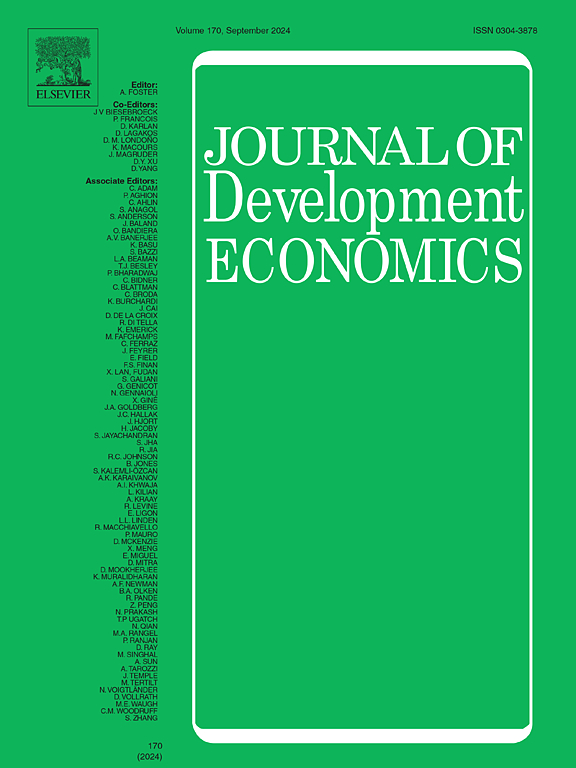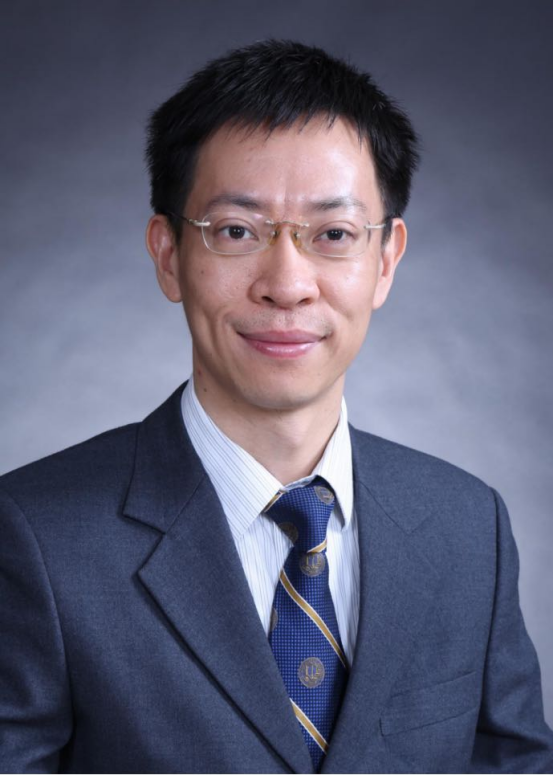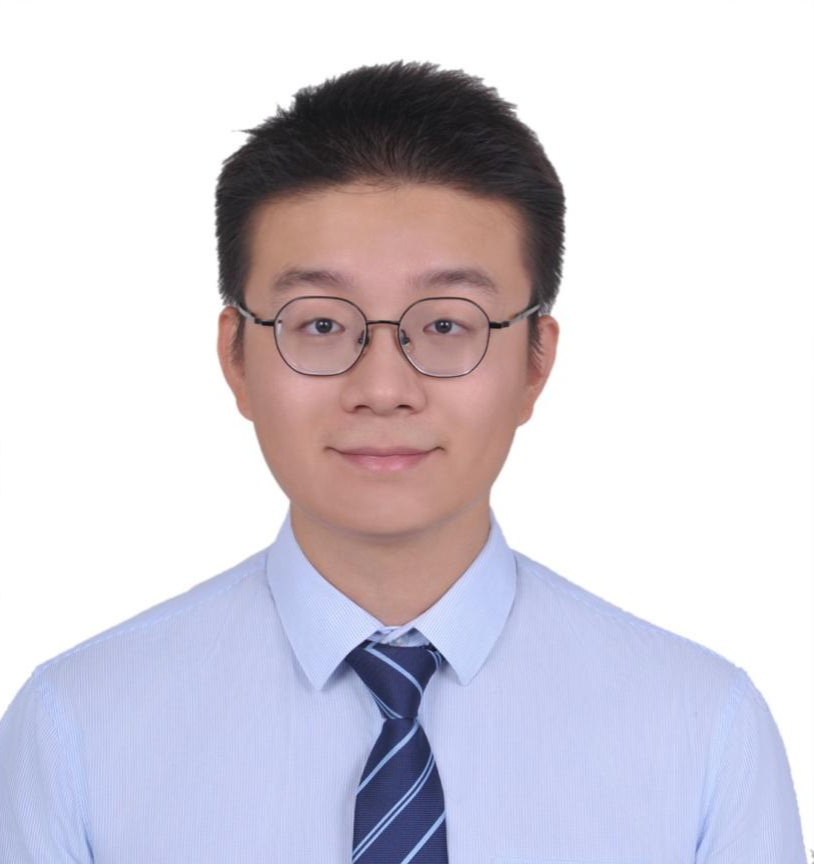New Landmark Achievement in ‘Double First-Class’ Construction: Collaborative Paper by Yu Miaojie Accepted for Publication in JDE
Professor Yu Miaojie, President of Liaoning University and Fellow of the International Economic Association, along with Dr. Xu Mingzhi, Assistant Professor at the Institute of New Structural Economics at Peking University, and Dr. Xie Enze, Research Fellow (Assistant Professor) at the School of Economics, Zhejiang University, have recently had their collaborative paper titled ‘Trade Liberalization, Labor Market Power, and Misallocation across Firms: Evidence from China’s WTO Accession’ accepted for publication in the Journal of Development Economics (JDE), a leading international journal in development economics.
The publication of the paper is another landmark achievement in ‘Double First-Class’ construction for the Faculty of Economics at Liaoning University, following recent publications in top international journals in various fields of economics over the past two years, such as RESTAT (by Yu Miaojie), JPubE (by Chen Feng), JDE (by Yin Lijuan), JEMS (by Gao Ming), and JLE (by Yang Zhe). This demonstrates a new breakthrough in the ‘Double First-Class’ development of Liaoning University’s economics discipline.
Abstract of the paper
This paper studies the impact of trade liberalization on the heterogeneity of labor market power among manufacturing firms, which is a potential source of misallocation. The model shows that heterogeneity of labor market power distorts the allocation of the factors of production, and the variance in the natural log of the markdown serves as a sufficient statistic to infer its negative impact on overall production efficiency. Using China’s accession to the World Trade Organization (WTO) as a natural experiment, the empirical research based on the 1998-2007 China Industrial Enterprises Database and industry-level tariff data suggests that lower input tariffs decrease the variance in the natural log of the markdown, which reflects the improvement in misallocation. In contrast, reductions in output tariffs have no significant effect. The findings of this paper complement the literature on input factor market distortions and resource misallocation, and reveal a new source of trade gains.
About the journal
Founded in 1974, Journal of Development Economics has an impact factor of 5.1 and is published by the world-renowned publisher Elsevier. It is recognized as a leading international journal in the field of development economics.

About the authors

Yu Miaojie, born in 1976, is a professor and doctoral advisor with a Ph.D. in Economics from the University of California, Davis. He currently serves as a deputy to the 14th National People's Congress, a Special Inspector at the State Committee of Supervisory, a member of the Standing Committee of Liaoning Provincial People’s Congress, a member of the Legislative Committee of Liaoning Provincial People’s Congress, and the Deputy Secretary of the CPC Committee and President of Liaoning University. He is a fellow of the International Economic Association (IEA), a Changjiang Scholar Distinguished Professor (2019), a recipient of the first batch of Changjiang Young Scholars (2015), a recipient of the National Science Fund for Distinguished Young Scholars, an Outstanding Young Scientist of Beijing, a Boya Chair Professor at Peking University, a member of Economic and Trade Policy Advisory Committee of Ministry of Commerce, a council member of ‘China-US Research Think-Tank Alliance’ under the Ministry of Finance, an Honorary Professor at Irkutsk State University in Russia, and an expert member of the International Advisory Council of Financial University under the Government of the Russian Federation.
He is also the Vice President of the Chinese Society of World Economics, Vice President of China Society of World Economics, Vice President of China Society of Industrial Economics, Vice President of Chinese Association of Hong Kong & Macao Studies, Vice Chairman of the Liaoning Federation of Social Sciences, recipient of NG Teng Fong / Sino Scholarship for Outstanding Youth Award, and one of the top 1% highly cited economists in global management and economics. He is the only Chinese scholar to have received the Royal Economic Society (RES) Prize. He has been invited as an expert advisor by the United Nations, Asian Development Bank, Ministry of Finance, Ministry of Commerce, Counsellors’ Office of the State Council, and various local governments, and has been specifically invited to the UN Headquarters to present reports on China’s economic development. He enjoys special government allowances from the State Council.
Professor Yu Miaojie’s research areas include international trade and China’s economic development. He has published nearly 200 papers in top international and domestic journals such as the Economic Journal, Review of Economics and Statistics, Journal of International Economics, Journal of Development Economics, Economic Research Journal (Chinese journal), and Journal of Management World (Chinese journal), among others. He has also authored and edited 27 books, including monographs, textbooks, and essays in Chinese, English, and German. He serves as the Associate Editor of the Review of International Economics, Honorary Editor-in-Chief of International Trade (Chinese journal), the official journal of Ministry of Commerce, Editor-in-Chief of Journal of Liaoning University (Chinese journal), Japan Studies (Chinese journal), and the Executive Editor-in-Chief of Journal of Chang’an University (Chinese journal).
He has won several prestigious awards including the Ministry of Education’s Excellent Achievement Award in Philosophy and Social Sciences (three times), Beijing Philosophy and Social Sciences Outstanding Achievement Award, Wu Yuzhang Humanities and Social Sciences Award, Zhang Peigang Economics of Development Award, and An Zijie International Trade Award (five times). His representative work, Processing Trade and Firm Productivity of China, has received the Liu Shibai Economic Science Prize, Hu Sheng Young Academic Award, National Trade Development Research Award, China Young Economist Award, and Liaoning Provincial Philosophy and Social Sciences Achievement Award.

Xu Mingzhi is an Assistant Professor at the Institute of New Structural Economics, Peking University. He received his Ph.D. in Economics from the University of California, Davis, in 2018. From 2018 to 2019, he was a Postdoctoral Fellow at the National Bureau of Economic Research in the U.S. and a visiting researcher at the John F. Kennedy School of Government at Harvard University. He joined the Institute of New Structural Economics at Peking University in 2019. His research focuses on international economics, industrial organization, and economic development. He leads a project on the National Natural Science Foundation of China’s Excellent Young Scientists Fund titled ‘Heterogeneous Firms and International Trade’. His research papers have been published in top international and domestic journals such as American Economic Review, The Review of Economics and Statistics, International Economic Review, Economic Journal, Journal of International Economics, Journal of Development Economics, China Economic Quarterly (Chinese journal), China Industrial Economics (Chinese journal), and The Journal of Quantitative & Technical Economics (Chinese journal).

Xie Enze is a Hundred Talents Program Researcher (Assistant Professor) at the School of Economics, Zhejiang University. He is also an advisor to the Trade and Integration Group in the Research Department at the World Bank Headquarters. He graduated from the National School of Development at Peking University in 2024, under the supervision of Professor Yu Miaojie. His research focuses on international economics, industrial organization, and development economics. His research has been published or accepted in journals such as the Journal of Development Economics, Journal of Management World (Chinese journal), China Economic Quarterly (Chinese journal), The Journal of Quantitative & Technical Economics (Chinese journal), and International Business (Chinese journal). Additionally, some of his research is under revision at the Journal of International Economics and Journal of Financial Research (Chinese journal)
Download the paper here:
![]() Trade Liberalization, Labor Market Power, and Misallocation across Firms - Evidence from China’s WTO Accession.pdf
Trade Liberalization, Labor Market Power, and Misallocation across Firms - Evidence from China’s WTO Accession.pdf
